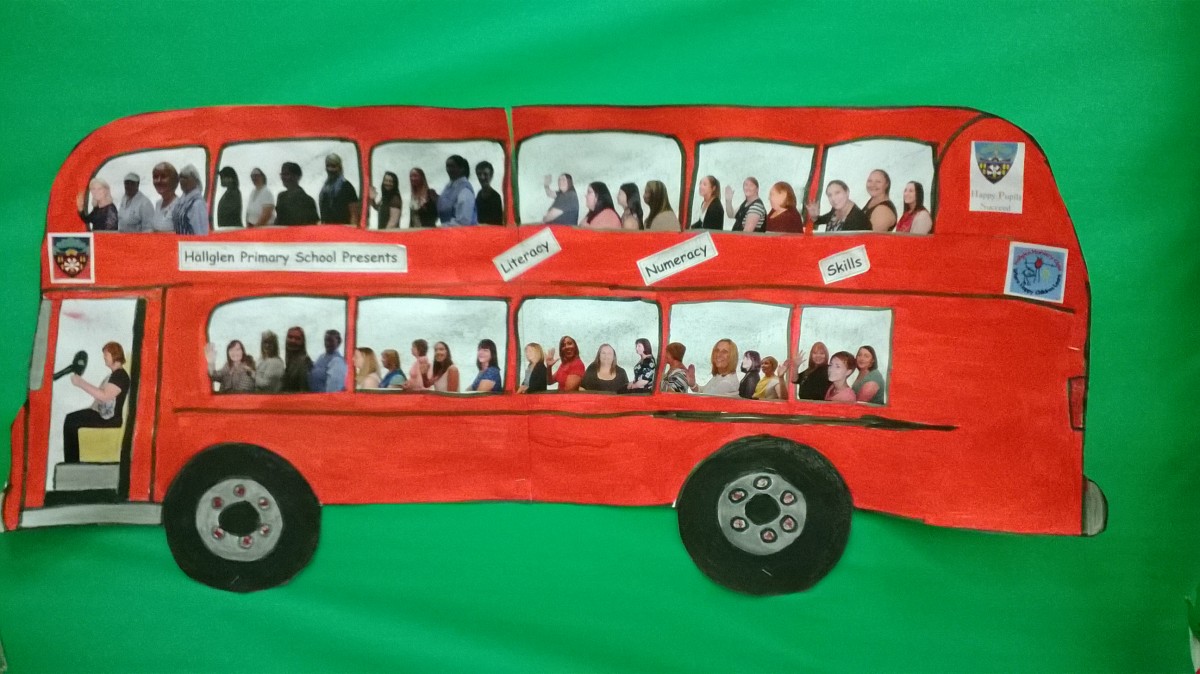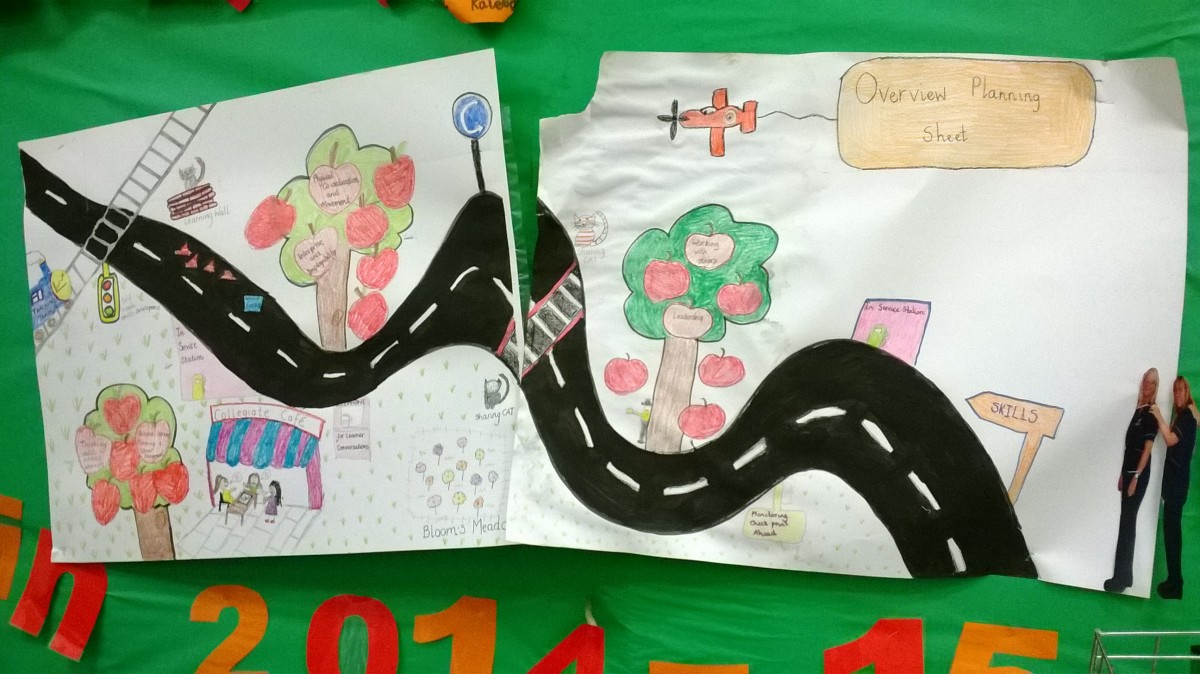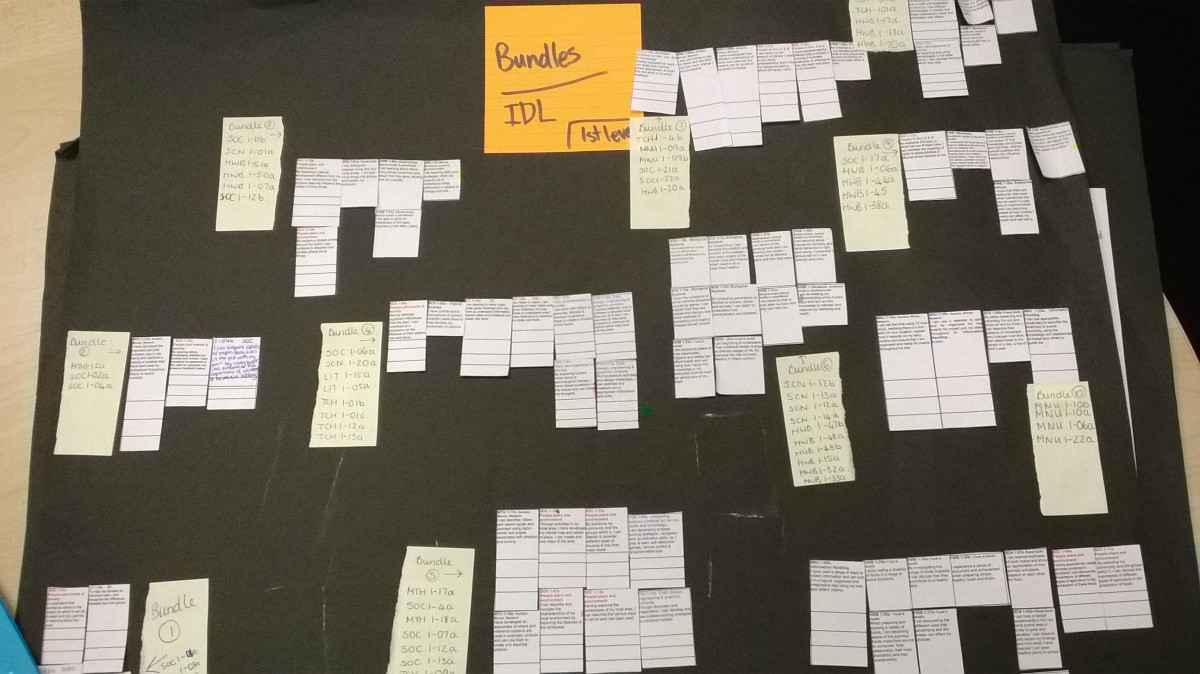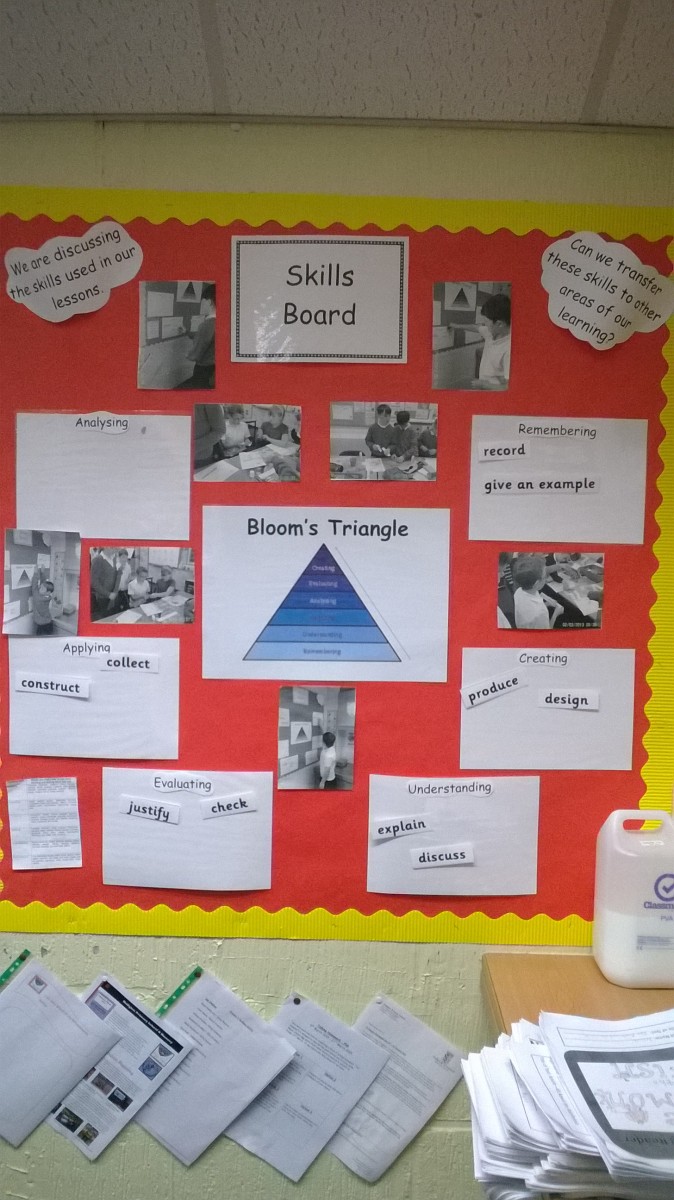The senior management team at Hallglen PS shared their development of skills progression across learning with Yvonne McBlain of Falkirk’s Service, Support and Improvement team on Tuesday 17th March 2015. Alison McCalley, head teacher, Val Campbell, depute head teacher and Linda Hastie, principal teacher, have been working on this development with staff colleagues this session and during session 2013-14. During the conversation, it became clear that this initial task has had much wider impact on staff and pupils, and on the ethos and life of Hallglen as a school. After hearing about the school’s journey, Yvonne recognised that the staff are building their curriculum together, and defining how their learners will progress through their broad, general education. Many schools are currently on this journey and it is good to be able to share an example from a Falkirk school. Click here to view a video clip from Education Scotland which defines how another head teacher managed this process.
Hallglen’s Process & Impact so far:
- Alison used active approaches to engage staff in deep discussions about their rationale for prioritising skills progression and assessment as improvement priorities. (See photos of the displays) These meetings effectively build a shared, clear vision and coherence about the tasks.
- Staff switch to collegiate planning focusing on the same Experiences and Outcomes, and using existing topics. Staff really valued these opportunities to plan together because they were better able to unpack the skills within the E & Os and could see how to progress these skills across each stage. (Alison facilitated using skills support materials from Education Scotland website)
- Whole staff decide to moderate their planning at the start of a topic, and again at the end. The quality of professional dialogue at meetings continues to deepen staff understanding of why they teach what they teach. Staff tour their classrooms to share their learning walls – they enjoy and value the ideas and knowledge they gain from each other. Peer support and professional dialogue are further enriched by this.
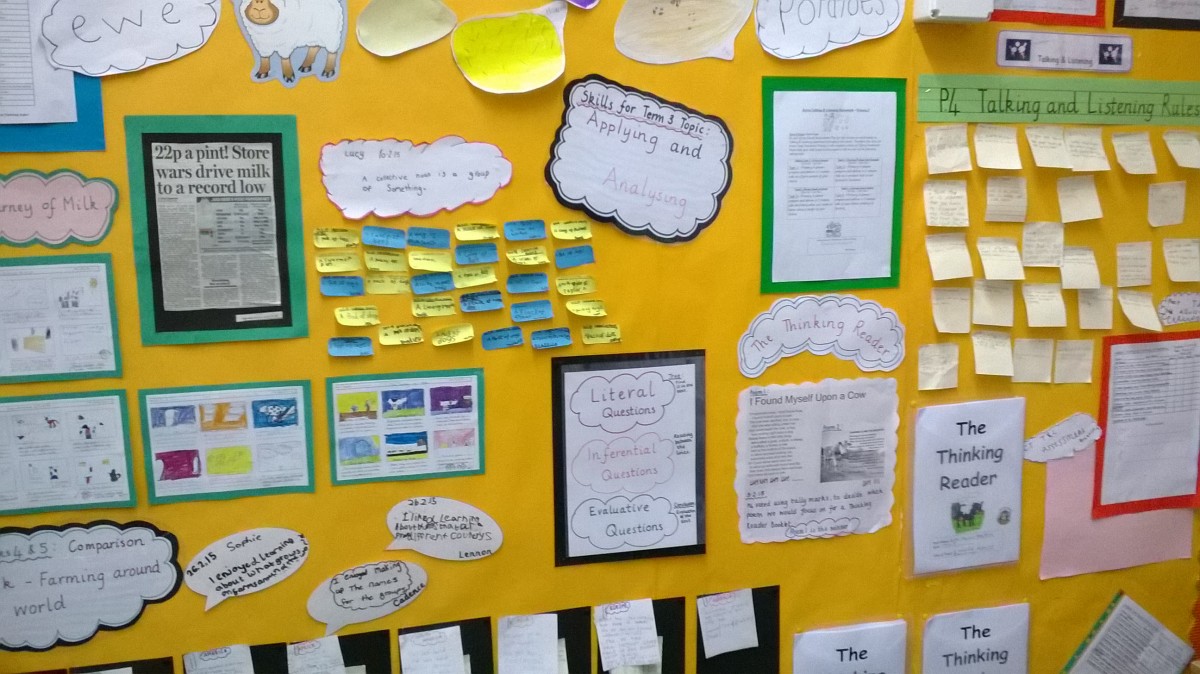
- Elements of the task are defined and distributed across Raci groups. Shared vision, builds a culture of distributed leadership within the school. Teachers have a sense of agency about their work and are enjoying the systems of monitoring and tracking which they helped to co-create.
- Alison applied her reflections from the Curriculum Architecture session delivered by Education Scotland last session. Staff switch to using the significant aspects of learning and realise that they need to be more flexible with their contexts for learning – IDL is not the same as “topic”.
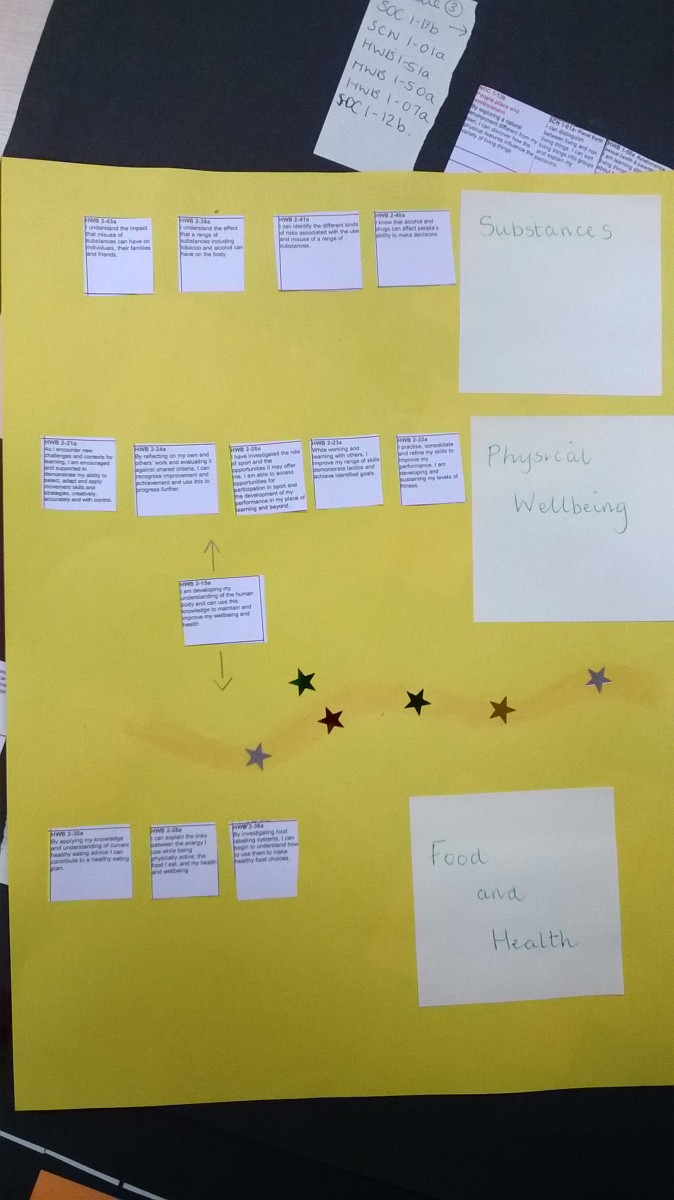
- Level groups of staff begin to look for “bundles” of E & Os contained within the significant aspects of learning. The latest inset day was used to identify discrete “stand alone” E & Os within each subject, and those which were naturally connected. (See photos) The evidence generated is shaping up as an overview of their curriculum where skills progression can be built into discrete and interdisciplinary learning.
- Staff continue to refine their progression of skills by defining what will be taught at each stage within a level. They are organically building a curriculum framework as defined by HMIE Advice Note 2014-15 (click here to see an example from the Ed Scot website)
5.1d ” The curriculum is based on the design principles of challenge and enjoyment, breadth,depth, progression, relevance, coherence and personalisation and choice for all learners.Staff and partners are further developing the curriculum to ensure coherence andprogression in learning using the experiences and outcomes (Es and Os) to providewell-planned and joined up learning across curriculum areas and subjects, interdisciplinarylearning, personal achievement and the life and ethos of the school.
Other impact:
- better teaching of skills across learning – these are made explicit to children
- assessment is built more effectively into planning, tracking and monitoring systems
- children are better able to recognise and reflect on their skills progression
- staff have a much deeper understanding of the whole curriculum,
- shared understanding of the links between classroom practice and school improvement priorities
- greater awareness of the strengths of each member of the staff team and how to harness these
- teachers and pupils more involved in choosing contexts for learning – greater flexibility
- better transitions across all stages
Next steps include:
- Define contexts for learning around the connected bundles which are loose enough for an annual overview of learning – have these ready for use by August 2015
- Explore how teacher and pupil choice about what, how and when to learn impacts on whole school curriculum each session
- Extend annual framework to a 3 year cycle to accommodate composite classes
- Explore how the cross-cutting themes are integrated into the developing framework
- Look at how the emerging framework articulates with whole school initiative like community groups, dedicated events like World of Work, etc.
- Explore how to develop pupil understanding of the curriculum and how their learning is connected through subject-specific and transferable skills.
